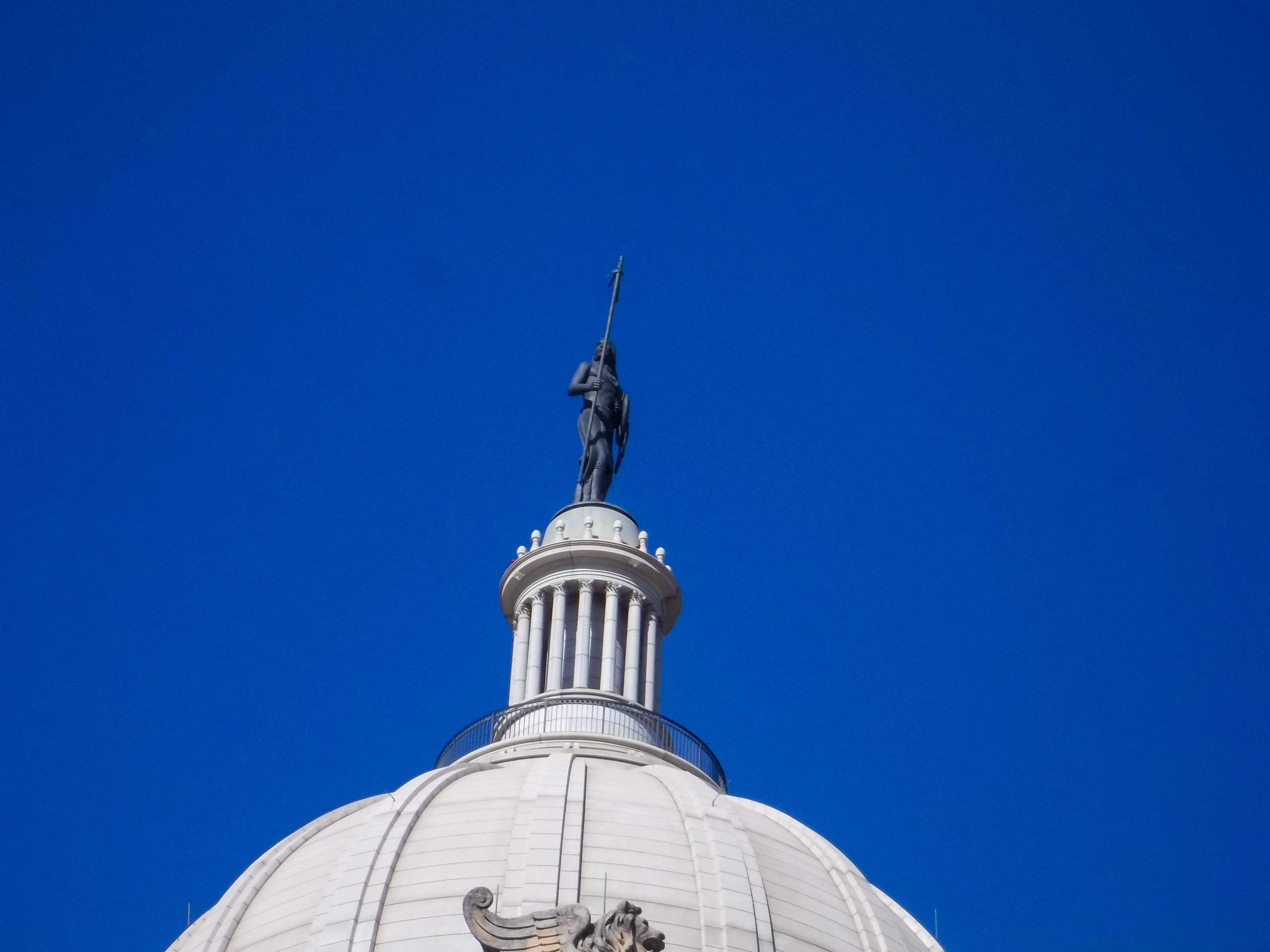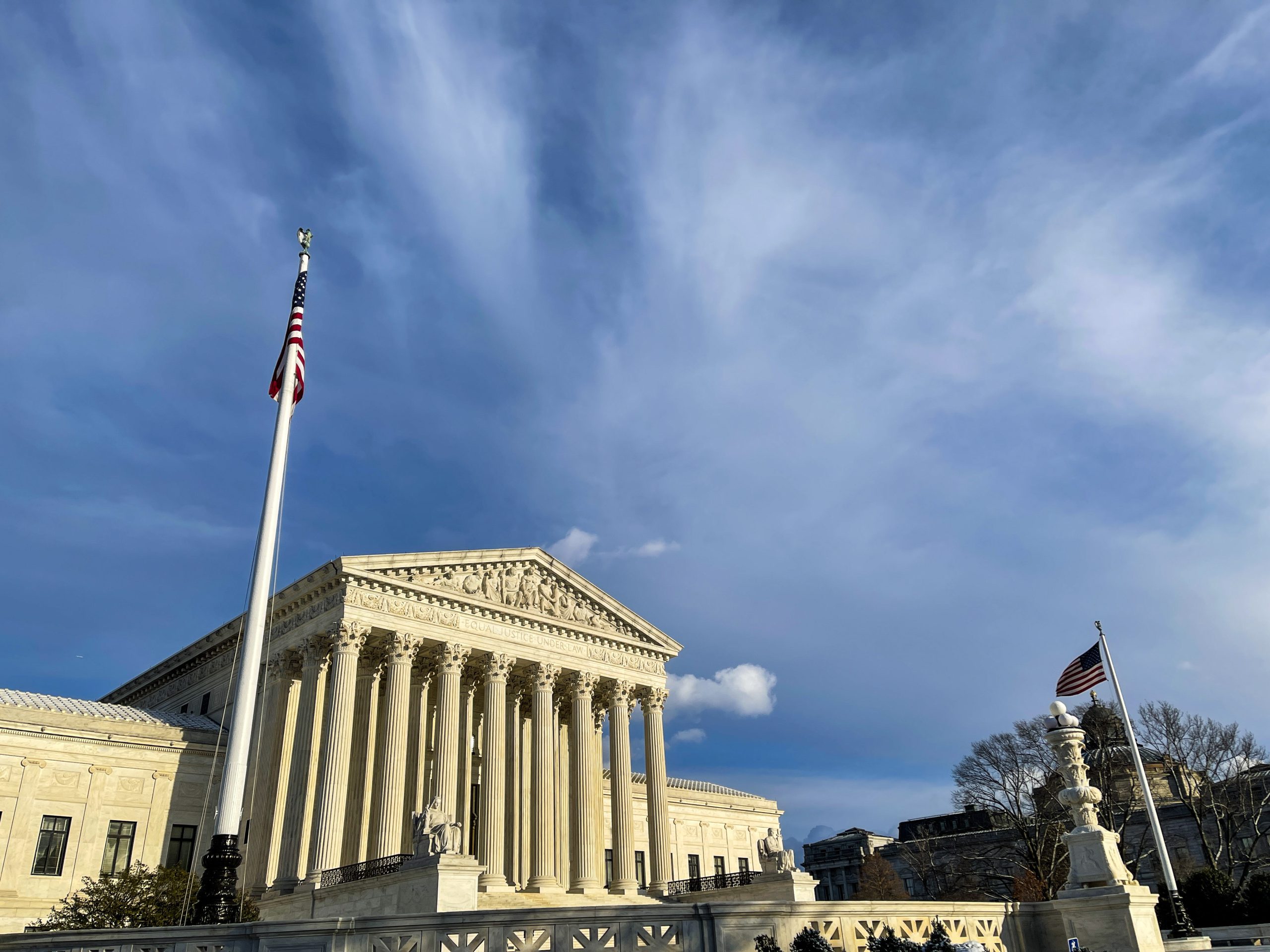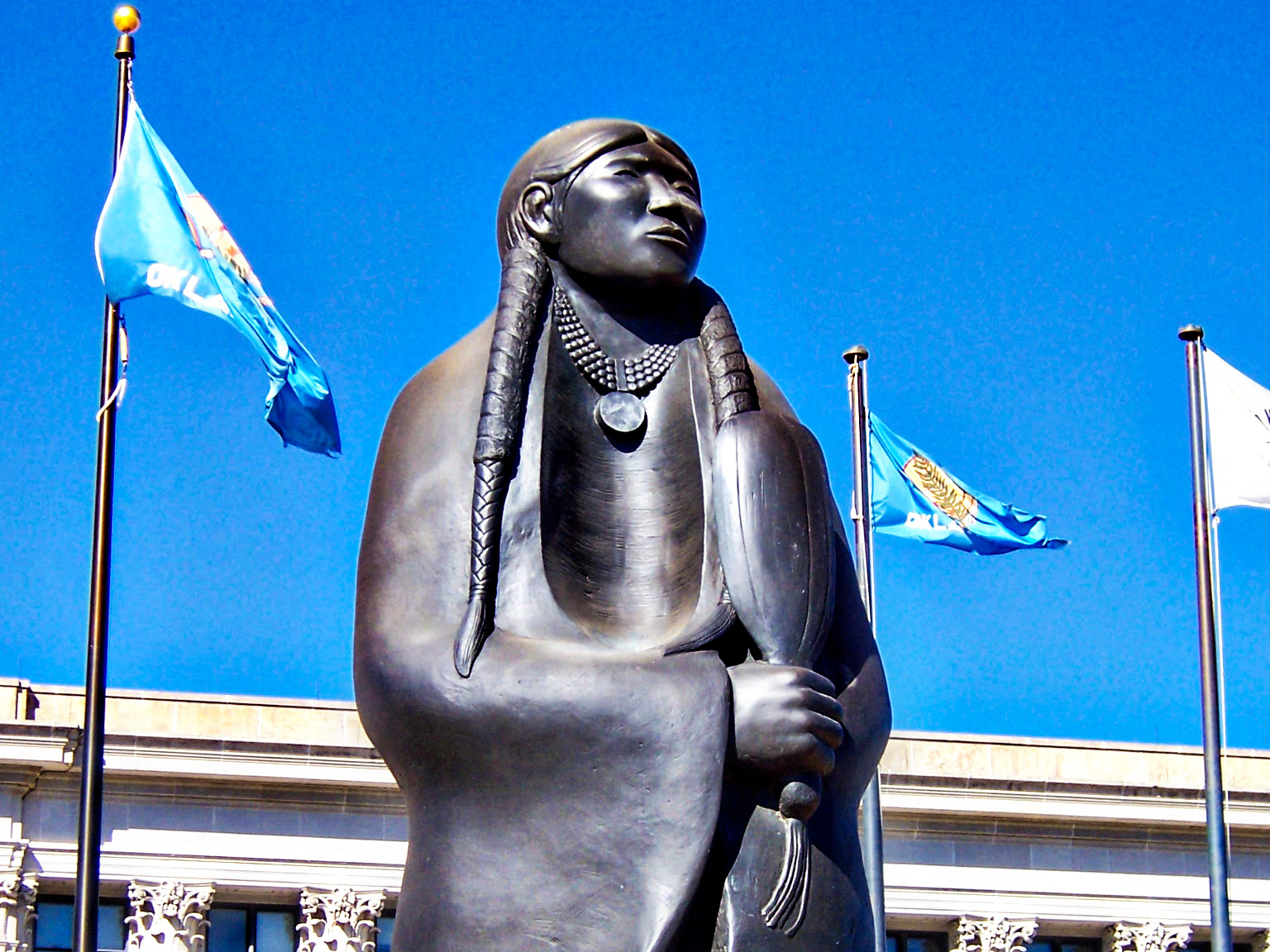Indianz.Com > News > SCOTUSBlog: Supreme Court considers sequel to landmark Indian law decision

In sequel to McGirt, justices will again review scope of state prosecutorial power in Indian country
Tuesday, April 26, 2022
SCOTUSblog
A sad story involving child neglect has become the subject of a Supreme Court case — and white-hot political rhetoric — because the crime occurred on the reservation of the Cherokee Nation of Oklahoma and the victim (but, crucially, not the defendant) is a citizen of the Eastern Band of Cherokee Indians.
The case, Oklahoma v. Castro-Huerta, will be argued on Wednesday, the final argument of the 2021-22 term (and the final argument of Justice Stephen Breyer’s career). It is a sequel of sorts to the court’s 2020 decision in McGirt v. Oklahoma, the most monumental federal Indian law decision of the new century. The legal issue is whether states possess criminal jurisdiction over crimes committed by non-Indians against Indians within Indian reservations concurrent with the federal government’s power. If Oklahoma wins, the consequences on Indian country criminal jurisdiction throughout the nation will be extraordinary. If Victor Manuel Castro-Huerta wins, his conviction in Oklahoma state court for neglecting his five-year-old stepdaughter will be overturned (though he has already pleaded guilty to a federal indictment for the same crime) — and the Indian country criminal jurisdictional regime will remain in place.
In McGirt, the court determined by a 5-4 vote that the historic Creek Reservation boundaries have continued to exist despite a century-long understanding that the reservation had been terminated by the time Oklahoma earned statehood in 1912. But Congress never terminated the reservation, nor did it authorize Oklahoma to enforce its criminal laws on the reservation. Black-letter federal law provides that, since at least Worcester v. Georgia in 1832, states cannot prosecute crimes committed on Indian reservation land without federal approval. Thanks to McGirt, we now know that the Creek reservation remained extant, and we also know Oklahoma never possessed criminal jurisdiction authority.
In the weeks and months following the McGirt decision, the Oklahoma Court of Criminal Appeals grudgingly applied the McGirt’s reasoning to the Cherokee, Chickasaw, Choctaw, and Seminole reservations. Those historic Indian reservations are once again considered “Indian country” (a legal term of art defined at 18 U.S.C. § 1151), where state power over Indians consists only of the power that Congress expressly grants the states. Approximately 40% of Oklahoma’s land mass is now considered “Indian country.”
This article was originally published on SCOTUSBlog, the Supreme Court of the United States Blog, on April 26, 2022. It is republished here under a Creative Commons license (CC BY-NC-ND 3.0 US).
Recommended Citation: Matthew Fletcher, In sequel to McGirt, justices will again review scope of state prosecutorial power in Indian country, SCOTUSblog (Apr. 26, 2022, 1:06 PM), https://www.scotusblog.com/2022/04/in-sequel-to-mcgirt-justices-will-again-review-scope-of-state-prosecutorial-power-in-indian-country/
Search
Filed Under
Tags
More Headlines
Native America Calling: Tribes addressing the ‘forever chemical’ problem
Senate Committee on Indian Affairs takes up water rights at legislative hearing
Senate Committee on Indian Affairs schedules business meeting
Montana Free Press: ‘White farmers’ ad airs amid racial baiting in U.S. Senate race
Cronkite News: Navajo Nation rallies at U.S. Capitol for radiation compensation
Native America Calling: Turning athletics into academic success
Daily Montanan: U.S. Senate candidate sidesteps questions about ‘drunk’ Indians
Cronkite News: Navajo Nation asserts authority over uranium shipments
NAFOA: 5 Things You Need to Know this Week
Chuck Hoskin: Cherokee Nation asserts sovereignty over our health
Native America Calling: Balanced lessons on missions and the gold rush in California
‘Racism is expensive’: Native activists still fighting for justice on treaty territory
Native America Calling: Studies show major tribal economic impact
Native America Calling: The scars left behind by wildfires
AUDIO: Nomination Hearing to consider Patrice H. Kunesh to be Chair of National Indian Gaming Commission
More Headlines
Senate Committee on Indian Affairs takes up water rights at legislative hearing
Senate Committee on Indian Affairs schedules business meeting
Montana Free Press: ‘White farmers’ ad airs amid racial baiting in U.S. Senate race
Cronkite News: Navajo Nation rallies at U.S. Capitol for radiation compensation
Native America Calling: Turning athletics into academic success
Daily Montanan: U.S. Senate candidate sidesteps questions about ‘drunk’ Indians
Cronkite News: Navajo Nation asserts authority over uranium shipments
NAFOA: 5 Things You Need to Know this Week
Chuck Hoskin: Cherokee Nation asserts sovereignty over our health
Native America Calling: Balanced lessons on missions and the gold rush in California
‘Racism is expensive’: Native activists still fighting for justice on treaty territory
Native America Calling: Studies show major tribal economic impact
Native America Calling: The scars left behind by wildfires
AUDIO: Nomination Hearing to consider Patrice H. Kunesh to be Chair of National Indian Gaming Commission
More Headlines

